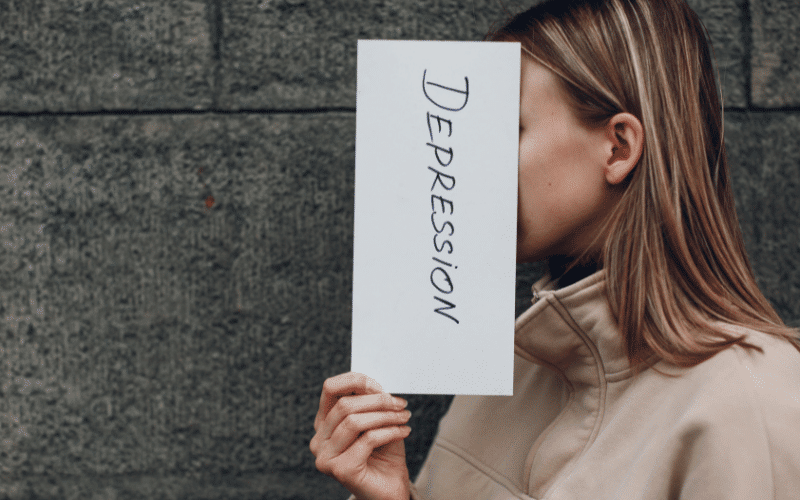Symptom 15: Depression – The Hidden Battle

While physical symptoms often take center stage in the spinocerebellar ataxia narrative, the psychological impact of the condition is significant and warrants attention. One such concern is depression, a pervasive issue often brushed aside in the wake of more visible, physical symptoms.
Depression in SCA patients isn’t just about feeling blue or having a few bad days. It’s a persistent feeling of sadness, loss of interest in previously enjoyed activities, and a continuous sense of hopelessness that can stretch for weeks, months, or even longer.
The origins of depression in SCA can be multifaceted. It can arise from the physical changes in the brain due to the condition, or it can be a psychological response to the physical limitations and lifestyle changes necessitated by SCA.
The effects of depression extend far beyond mood. It can amplify physical symptoms, affect cognitive function, and impact sleep and appetite. More significantly, it can color the individual’s entire experience of life, turning even good days into a struggle.
However, the news isn’t all grim. Depression, even in the context of SCA, can be managed effectively. A combination of counseling, medication, and lifestyle modifications can substantially improve the symptoms of depression and enhance overall quality of life. Support groups, both in-person and online, can also be invaluable resources for emotional support and practical advice. (15)